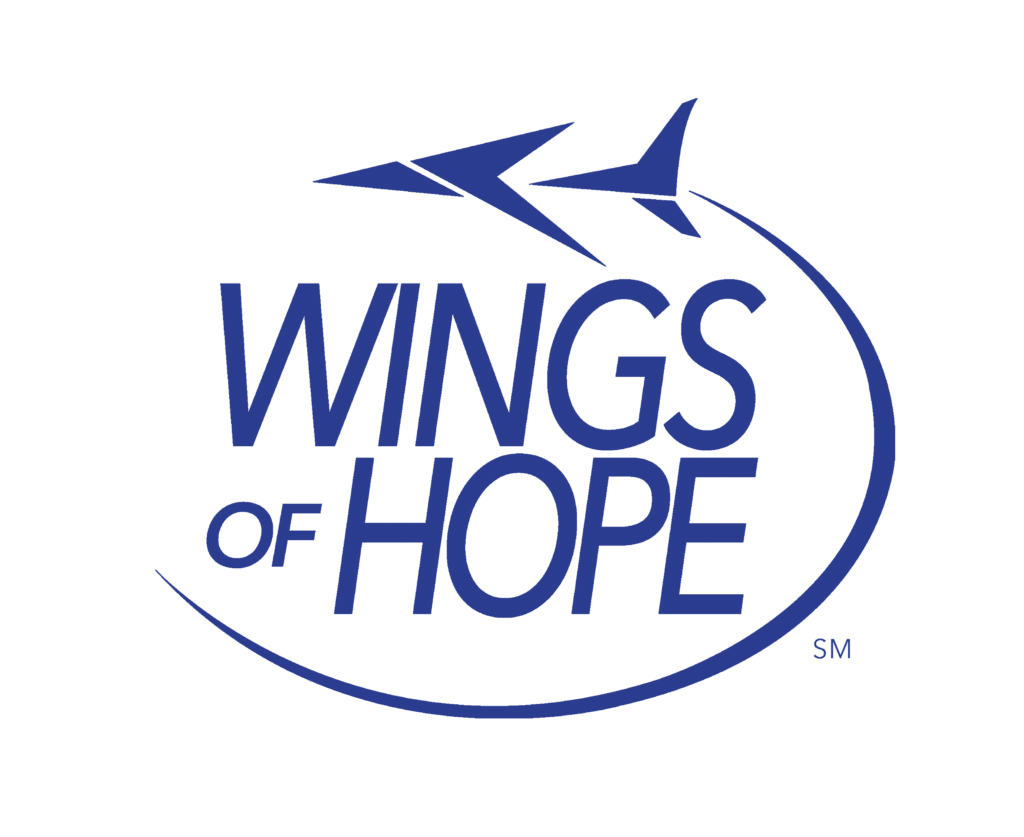Cambodia
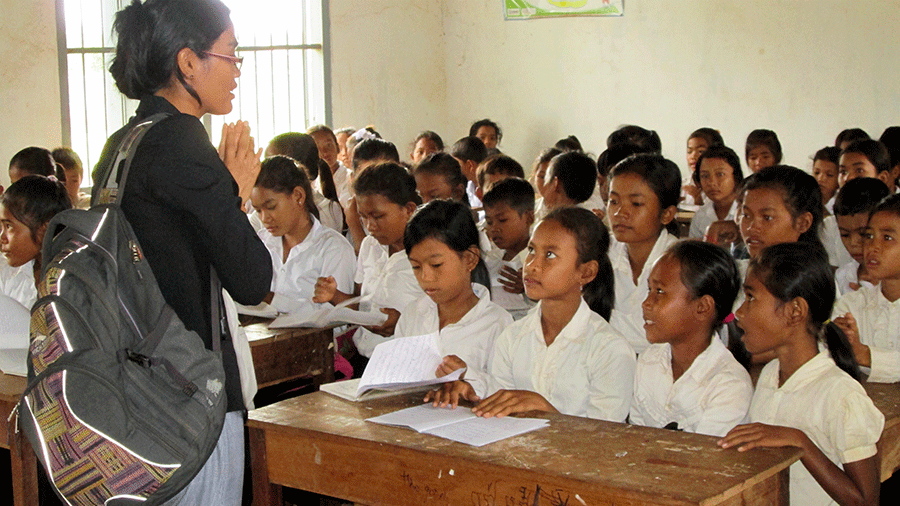
Cambodia
Global Humanitarian Network Partner:
John Givonetti Giving
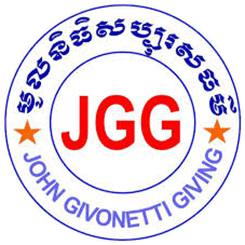
Wings of Hope partners with John Givonetti Giving (JGG) in an educational outreach program for students living in rural villages in Pursat Province. The program offers the children of subsistence farmers the opportunity to break out of a life of poverty by teaching them the two skills they need to get into university: English language and computer skills. The older students are trained to be volunteer teachers to the younger students to gain the leadership experience and confidence they need to succeed in university. The first student volunteers recently graduated from university. JGG also supports student volunteer alumnae at the university level, recently launching a Transition Fund to ensure success during the crucial first six months of university.
The Kingdom of Cambodia

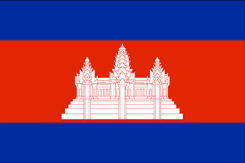
Capital: Phnom Penh
Currency: Riel
Language: Khmer
Landmark: Angkor Wat
Geography:
Cambodia is situated in Southeast Asia, bordered by Thailand to the west and northwest, Laos to the north, Vietnam to the east and southeast, and the Gulf of Thailand to the southwest. Its location places it within the mainland region of Southeast Asia, with the Mekong River flowing through the country from north to south. The Tonle Sap Lake, one of the largest freshwater lakes in Southeast Asia, is located in the central part of the country. Cambodia’s geography is characterized by low-lying plains, with some upland and mountainous areas in the southwest.
Cambodia has a history that dates to the Funan Kingdom in the 1st century AD, which was followed by the Khmer Empire, a powerful empire that lasted from the 9th to the 15th century. The Khmer Empire is known for building the impressive Angkor Wat temple complex, now a UNESCO World Heritage site. In the 19th century, Cambodia became a French colony, and although the French introduced changes to the country’s economy, culture and infrastructure, political instability and economic decline were present. The mid-20th century brought Cambodia’s involvement in the Vietnam War, leading to civil war and the rise of the Khmer Rouge, a communist movement responsible for the deaths of an estimated 1.5 to 2 million Cambodians through execution, starvation and forced labor. In 1979, Vietnam invaded Cambodia and ousted the Khmer Rouge, and the country was ruled by a Vietnamese-backed government until the early 1990s. Since then, Cambodia has experienced significant economic growth, but its human rights record remains a concern. The country held its first democratic elections in 1993 and is striving to rebuild and move forward.
Several challenges confront Cambodia’s education system, including inadequate teacher training, limited vocational training opportunities, a language barrier, lack of attention to inclusive education, and limited opportunities for children with disabilities to access education and participate in society. Despite making progress in recent years, primary and secondary school enrollment and attendance remain low, particularly in rural areas, and the dropout rates are high. Furthermore, while the official language of instruction in schools is Khmer, many students speak a different language at home, and students require English language and computer skills to succeed in university, which are not readily accessible to many Cambodian students. Despite some recent improvements, the education system in Cambodia still faces significant obstacles that restrict many children’s access to quality education.
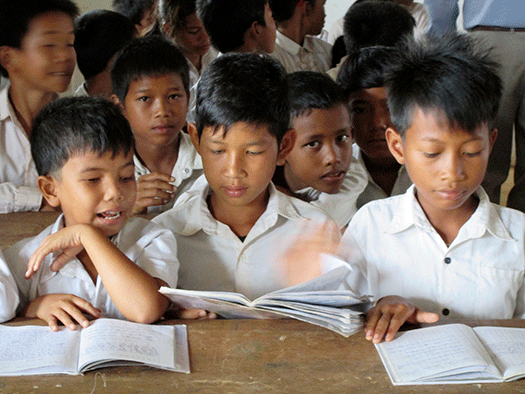
0
Expected Years of Schooling
0
Mean Years of Schooling
0
Gross National Income
(Per Capita)
$
0
Cambodia
Worldwide
Disease (by percentage %)
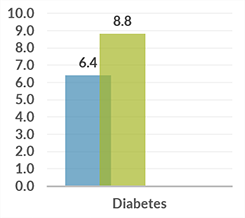
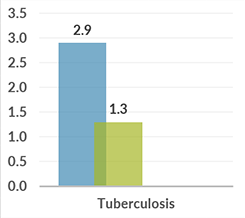
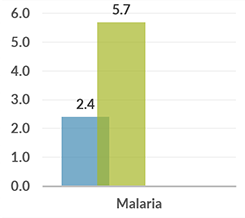
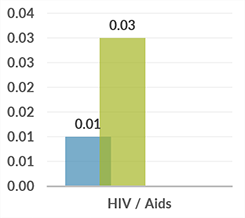
The number of people suffering from diabetes refers only to inhabitants aged between 20 and 79 years.
Child Vaccine (by percentage %)
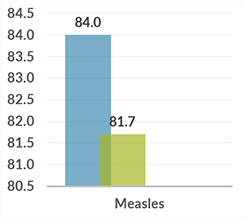
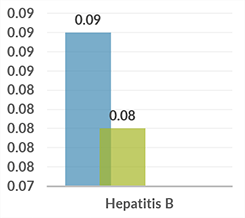
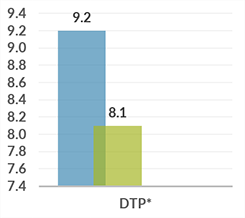
DTP is a combined basic vaccination against diphtheria, pertussis (whooping cough) and tetanus, which should be given to children up to the age of 23 months.
Cambodia has a history that dates to the Funan Kingdom in the 1st century AD, which was followed by the Khmer Empire, a powerful empire that lasted from the 9th to the 15th century. The Khmer Empire is known for building the impressive Angkor Wat temple complex, now a UNESCO World Heritage site. In the 19th century, Cambodia became a French colony, and although the French introduced changes to the country’s economy, culture and infrastructure, political instability and economic decline were present. The mid-20th century brought Cambodia’s involvement in the Vietnam War, leading to civil war and the rise of the Khmer Rouge, a communist movement responsible for the deaths of an estimated 1.5 to 2 million Cambodians through execution, starvation and forced labor. In 1979, Vietnam invaded Cambodia and ousted the Khmer Rouge, and the country was ruled by a Vietnamese-backed government until the early 1990s. Since then, Cambodia has experienced significant economic growth, but its human rights record remains a concern. The country held its first democratic elections in 1993 and is striving to rebuild and move forward.
Several challenges confront Cambodia’s education system, including inadequate teacher training, limited vocational training opportunities, a language barrier, lack of attention to inclusive education, and limited opportunities for children with disabilities to access education and participate in society. Despite making progress in recent years, primary and secondary school enrollment and attendance remain low, particularly in rural areas, and the dropout rates are high. Furthermore, while the official language of instruction in schools is Khmer, many students speak a different language at home, and students require English language and computer skills to succeed in university, which are not readily accessible to many Cambodian students. Despite some recent improvements, the education system in Cambodia still faces significant obstacles that restrict many children’s access to quality education.

0
Expected Years of Schooling
0
Mean Years of Schooling
0
Gross National Income
(Per Capita)
$
0
Cambodia
Worldwide
Disease (by percentage %)




The number of people suffering from diabetes refers only to inhabitants aged between 20 and 79 years.
Child Vaccine (by percentage %)



DTP is a combined basic vaccination against diphtheria, pertussis (whooping cough) and tetanus, which should be given to children up to the age of 23 months.
Transforming Communities and Empowering Lives: John Givonetti Giving Makes a Difference
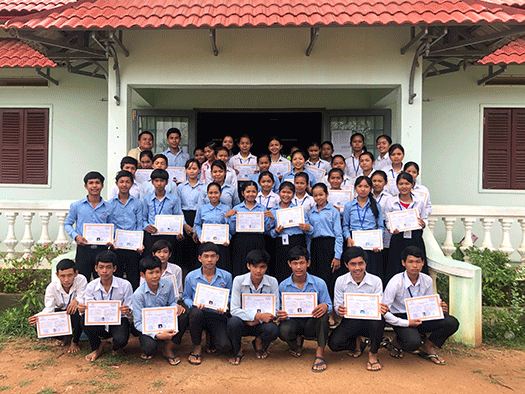
Join John Givonetti Giving (JGG) now in their educational outreach program. These students need access to English language and computer skills training to break the cycle of poverty and prepare for university. By supporting JGG’s program, you can help empower older students to become volunteer teachers and give younger students the tools they need to succeed. Make a lasting impact and ensure the success of these students.
